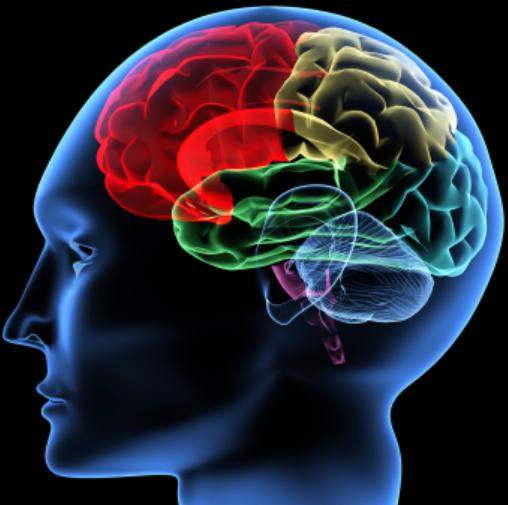Basic concepts of behavioral therapy

- 3150
- 218
- John Von
Behavioral therapy formally arises between 1950 and 1960, linked to the failed attempt of the Yale School to apply the knowledge derived from experimental psychology to the explanation and treatment of maladaptive human behavior. This commitment was accompanied by a rejection of the dominant diagnostic and treatment methods in clinical psychology and psychiatry at that time: projective tests and psychoanalytic therapies. The engines of the formal emergence From behavior therapy were three groups of researchers and clinicians who, in different geographical nuclei, shared that common goal: the South Africa group, led by Joseph Wolpe; The England group, led by Hans Eysenck, and the United States group, led by B.F.Skinner.
You may also be interested: basic concepts and methods in psychoanalysis index- Basic concepts and postulates of behavioral therapy: a brief summary
- Behavior modification
- New insights
Basic concepts and postulates of behavioral therapy: a brief summary
History of behavior modification:
- Broad psychological intervention strategy
- Initial texts from the end of the 60s and 70s
- 1953: term behavior therapy to refer to the application of the principles of conditioning operating with psychotic patients
- 1958: behavior therapy to refer to reciprocal inhibition techniques designed by Wolpe (classical conditioning)
- 60s: Modification of behavior added to the application of behavior analysis in intervention in clinical and educational problems. Equivalent therapy and modification of behavior against current dynamic therapies are made.For the first time experimental articles are published.
Conclusion: The usual thing is that behavior therapy only talks about the procedures that are based on classical conditioning (Wolpe, Eysenck), application of systematic desensitization to neurotic adults. However, to refer to behavior modification we refer to operant conditioning (punishment, chip economy, reinforcement.).Main representatives Skinner, Ayllon and Azrin; Bijou and Baer.
Behavior modification
Fundamentals and main authors:
- Paulov: Classic conditioning
- Watson (1920): First investigation that states that a phobia can be learned.
- Albert conditions the stuffed in noise, so Phobia (Watson and Rayner) produces phobia)
- M.Cover Jones (1924): conditioning and decondering a phobia (with live exhibition little by little)
- Wolpe (1958): Develop your works around neurosis, anxiety, fear. Develops principles from classical conditioning.
- Thorndike and Skinner: Operating conditioning for behavior modification The abnormal behavior follows the same canons and criteria as the normal
To understand the behavior of 1 person you have to refer to their history, the explanation of the behavior will be in the past of each.
- A behavior is never unlearned, but it is stopped use because it is not useful (eg: we all know how
- Evaluation focused in an interview and observation (records, standardized tests, physiological records))
- Description of the problem behavior, in the conditions that takes place does not make use of formal diagnoses, except for administrative and communication reasons between professionals.
New insights
Functional and experimental analysis of the therapeutic relationship and its impact on the behavior of the client in its natural context. The problems if the analysis and management of verbal behavior during the session occur in context.
- Direct contingency management is combined with direct management
- Analysis of the transfer and transformation of functions.
- Cognitive variables are not the causes of the answers, a cognitive variable of place to different behaviors may depend on the history of the individual.
- All approaches framed under the scientific-experience paradigm try to explain abnormal behavior due to observable changes in behavior, and use procedures such as modification or elimination.
There is an interdependence of evaluation and treatment, adapted to the specificity of each individual. The elements of the intervention are specified objectively and precisely.
This article is merely informative, in psychology-online we have no power to make a diagnosis or recommend a treatment. We invite you to go to a psychologist to treat your particular case.
If you want to read more articles similar to Basic concepts of behavioral therapy, We recommend that you enter our category of therapies and psychology intervention techniques.

